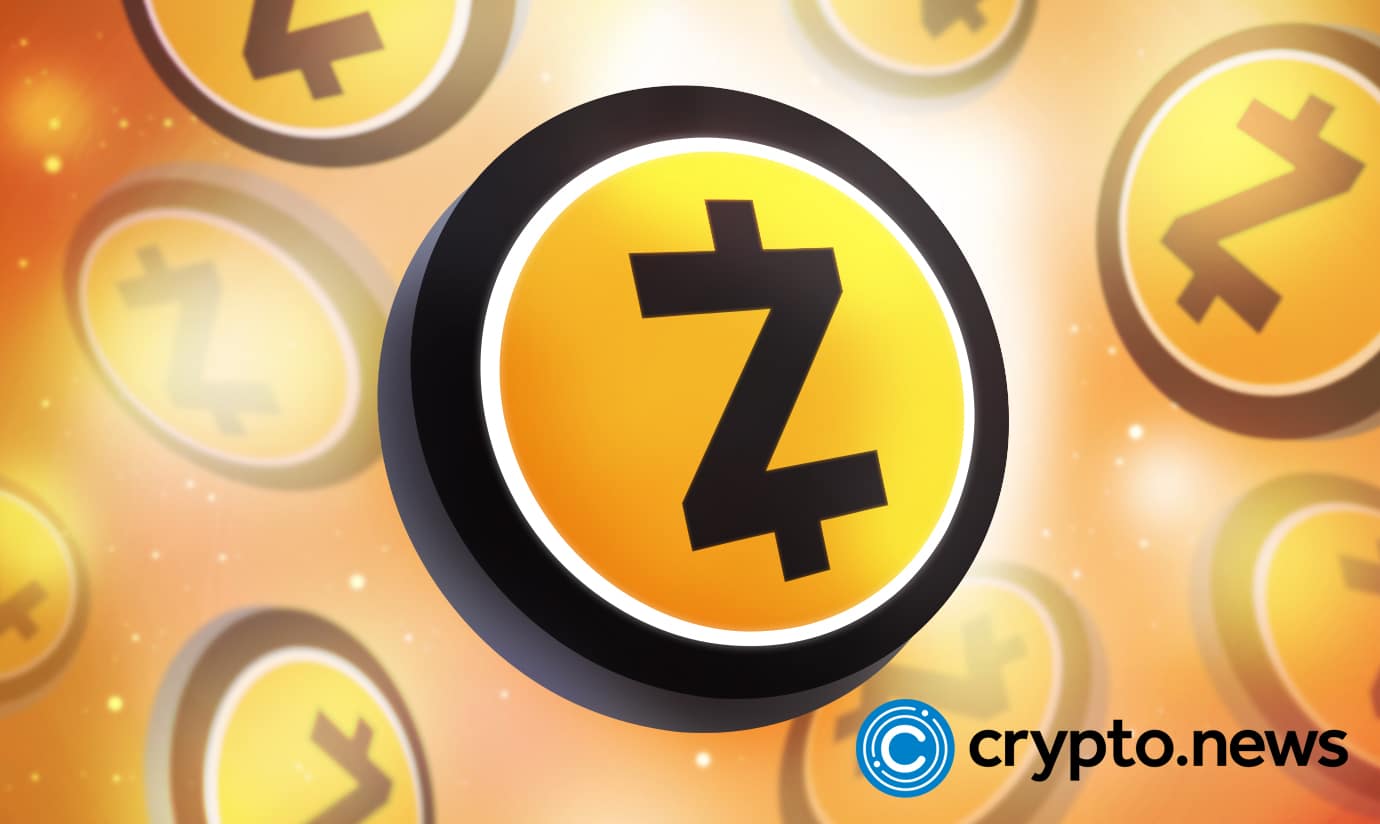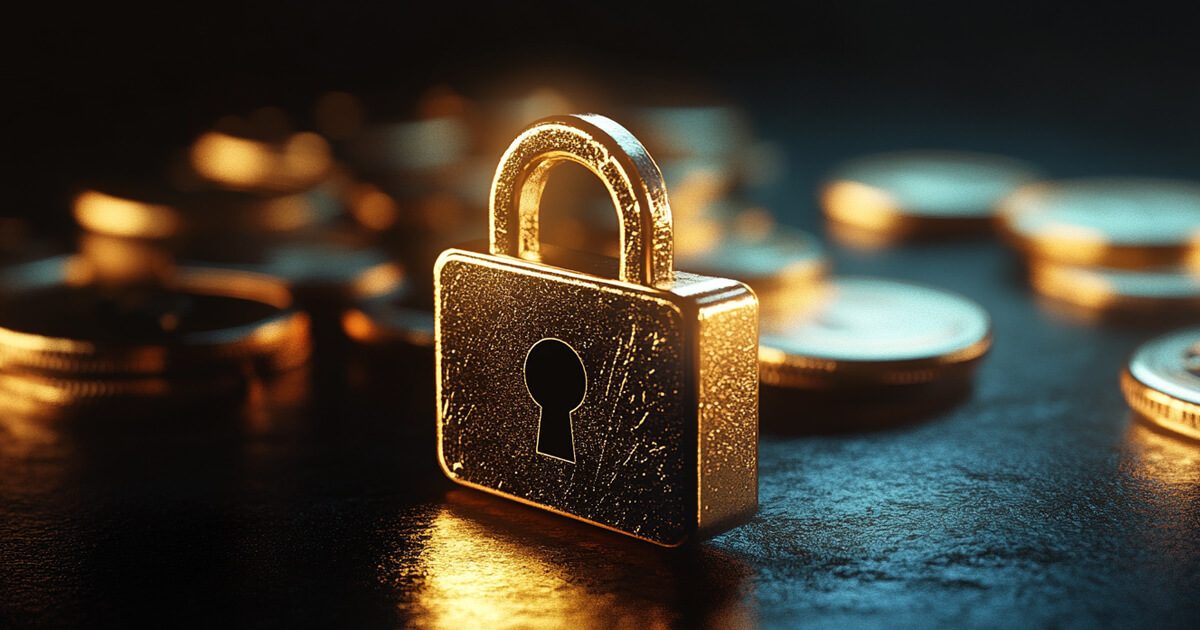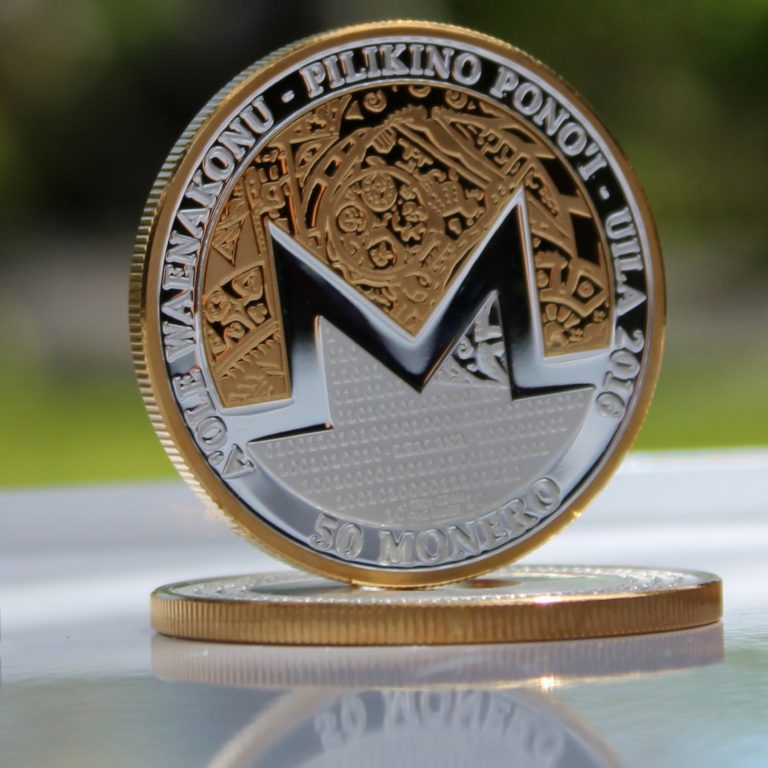2020-11-6 15:02 |
The Financial Service Commission sent a notice on Monday barring exchanges from handling ‘dark’ coins
All crypto exchanges and virtual currency operating in South Korea will not be able to deal with privacy-based coins starting March next year. The country’s main regulator released a notice citing increased money laundering risk resulting from privacy coin usage as the reason behind the move.
The announcement comes just after the amendments of the Special Payment Act. The Act comprises regulations defining the legality of cryptos in the country. Some of the coins that will be affected by the raft of changes are Monero (XMR), Dash (DASH), and ZCash (ZEC).
The Financial Service Commission pointed out that these coins and other privacy-oriented virtual currencies promote money laundering activities. They pose a huge challenge to authorities and law enforcement agencies as they are hard to trace.
In addition to the restriction on privacy coins, the commission requires all exchanges to implement strict Anti-Money Laundering and Know-Your-Customer guidelines. This will help nab users involved in money laundering or those funding terrorism and other criminal enterprises. Centralised exchanges with fiat support in South Korea will be expected to know the personal details of the customers they serve.
The exchanges are also required to carefully check these details against government identifiers like ID numbers or passports. Lastly, the exchanges have to report their operations to authorities six months after implementing the policies.
Authorities in the country have previously expressed their concerns about ‘dark’ coins. OKEx’s South Korean wing had to delist many privacy coins after stipulations by international regulators and recommendations from the Financial Action Task Force.
Several other exchanges have also refrained from handling private coins. Coins such as Monero have the ability to obscure their transaction – a feature that makes it impossible to trace them. The coins may be posted on a digital ledger, but their tracing is difficult due to complex techniques such as ring signatures and mixers.
This is not the case with other cryptocurrencies such as Bitcoin and Ethereum, whose transactions are open. Authorities can trace transactions on their respective networks via crypto data-collecting firms. Back in September, the IRS offered a reward of $625k to anyone who could successfully crack the transactions of the privacy coin.
The post South Korea’s regulator sets policies around privacy coins appeared first on Coin Journal.
origin »Bitcoin price in Telegram @btc_price_every_hour
Dragon Coins (DRG) на Currencies.ru
|
|











